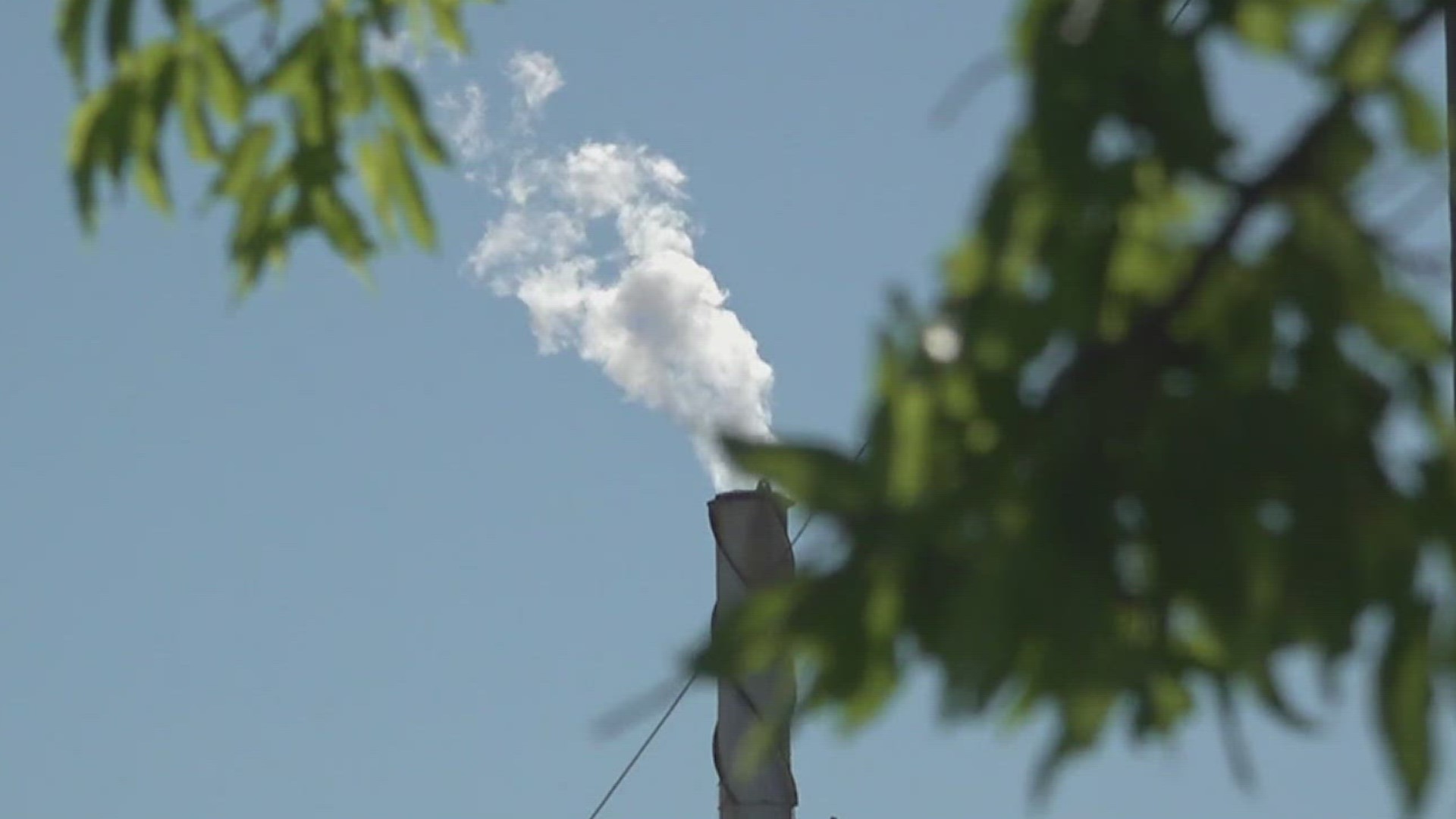CORPUS CHRISTI, Texas — Some large industry customers are looking to appeal the recently implemented water rates, which began at the start of the year, to the Public Utility Commission of Texas.
Corpus Christi City Manager Peter Zanoni said that it all boils down to fair pricing. He said that when he and his team were looking at the old rates, he saw they weren't exactly balanced, especially concerning high-volume users.
"They were paying half the amount that they were paying today," he said. "The rate consultants recommended doubling the rates. Doubling them for large volume users."
Zanoni said that making the rate change will provide relief for some customers.
"Now, the residential customer and the commercial account does not have to pay a higher amount to basically subsidize a large volume user," he said.
However, not all customers see it that way. Zanoni said that in order for the petition to carry weight, 10 percent of customers who reside outside of city limits must sign it.
"As we went through the petition, we did notice residential customers," he said. "We noticed Valero, we also noticed Flint Hills and then LyondellBasell."
Those companies being three key industry companies that operate right here in the Coastal Bend. Zanoni said when it comes to a situation like this, there is a domino effect to consider.
"It gives the city two choices: one, we raise everybody else's rates. We have to raise residential and commercial accounts," he said. "Generate the same amount of revenue. Or we have to cut back services and eliminate positions."
3NEWS did reach out to the refineries mentioned individually but did not receive a response. However, we did get a statement from the Affordable Water for Corpus Christi Coalition that represents those industry partners.
The statement reads:
Affordable Water for Corpus Christi filed an appeal with the Public Utility Commission (PUC) to protect ratepayers. In January, the City of Corpus Christi dramatically increased its rates for residents and employers outside the Corpus Christi city limits in a way that significantly exceeds the City’s cost of providing that water. The new rates are economically harmful to the impacted residents and businesses, and are inconsistent with state law that requires any such rate increases to be “just and reasonable.”

